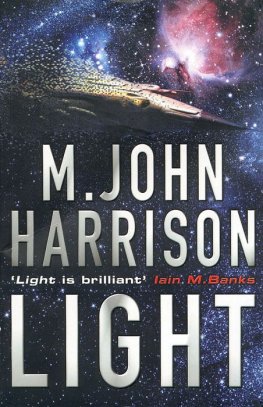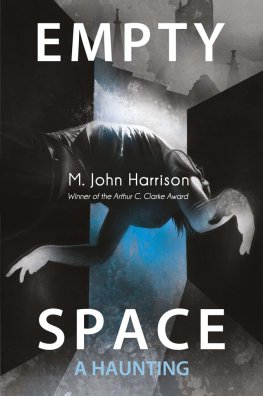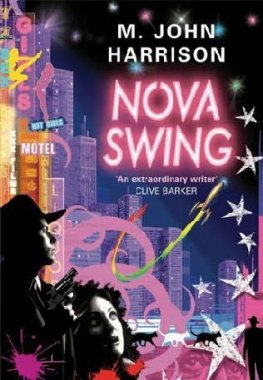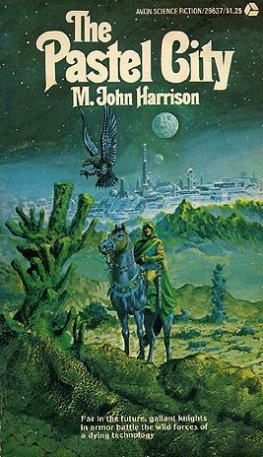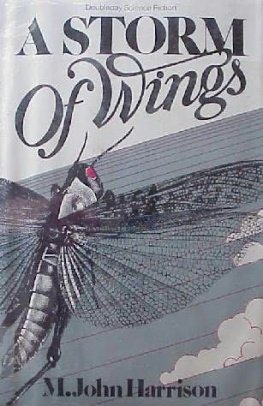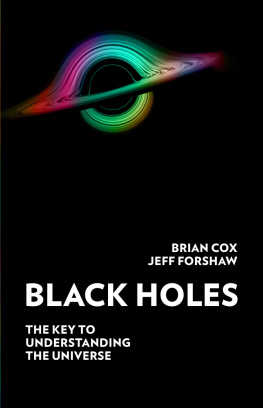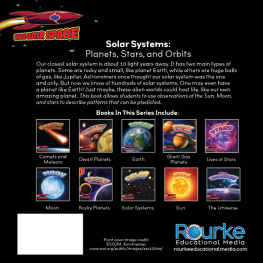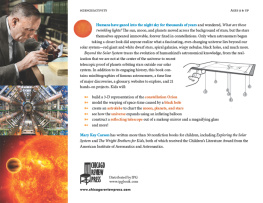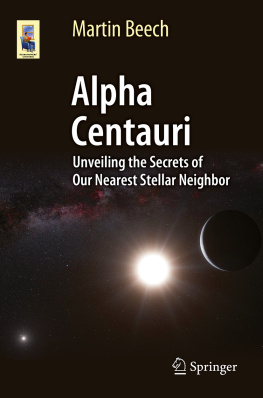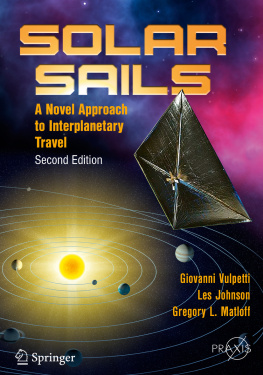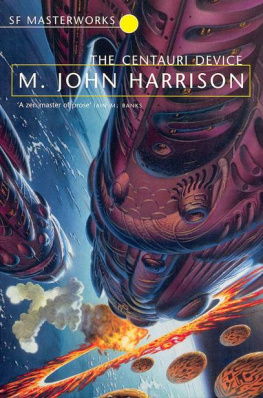ONE
Disillusioned by the Actual 1999:
Towards the end of things, someone asked Michael Kearney, 'How do you see yourself spending the first minute of the new millennium?' This was their idea of an after-dinner game up in some bleak Midlands town where he had gone to give a talk. Wintry rain dashed at the windows of the private dining room and ran down them in the orange streetlight. Answers followed one another round the table with a luminous predictability, some sly, some decent, all optimistic. They would drink until they fell down, have sex, watch fireworks or the endless sunrise from a moving jet. Then someone volunteered:
'With the bloody children, I expect.'
This caused a shout of laughter, and was followed immediately by: 'With somebody young enough to be one of my children.'
More laughter. General applause.
Of the dozen people at the table, most of them had some idea like that. Kearney didn't think much of any of them, and he wanted them to know it; he was angry with the woman who had brought him there, and he wanted her to know that. So when it came to his turn, he said:
'Driving someone else's car between two cities I don't know.'
He let the silence develop, then added deliberately, 'It would have to be a good car.'
There was a scatter of laughter.
'Oh dear,' someone said. She smiled round the table. 'How dour.'
Someone else changed the subject.
Kearney let them go. He lit a cigarette and considered the idea, which had rather surprised him. In the moment of articulating it--of admitting it to himself--he had recognised how corrosive it was. Not because of the loneliness, the egocentricity, of the image, here in this enclave of mild academic and political self-satisfaction: but because of its puerility. The freedoms represented-the warmth and emptiness of the car, its smell of plastic and cigarettes, the sound of a radio playing softly in the night, the green glow of dials, the sense of it as an instrument or a series of instrumental decisions, aimed and made use of at every turn in the road-were as puerile as they were satisfying. They were a description of his life to that date.
As they were leaving, his companion said:
'Well, that wasn't very grown-up.'
Kearney gave her his most boyish smile. 'It wasn't, was it?'
Her name was Clara. She was in her late thirties, red-haired, still quite young in the body but with a face already beginning to be lined and haggard with the effort of keeping up. She had to be busy in her career. She had to be a successful single parent She had to jog five miles every morning. She had to be good at sex, and still need it, and enjoy it, and know how to say, in a kind of whining murmur, 'Oh. That. Yes, that. Oh yes,' in the night. Was she puzzled to find herself here in a redbrick-and-terracotta Victorian hotel with a man who didn't seem to understand any of these achievements? Kearney didn't know. He looked round at the shiny off-white corridor walls, which reminded him of the junior schools of his childhood,
'This is a sad dump,' he said.
He took her by the hand and made her run down the stairs with him, then pulled her into an empty room which contained two or three billiard tables, where he killed her as quickly as he had all the others. She looked up at him, puzzlement replacing interest in her eyes before they filmed over. He had known her for perhaps four months. Early on in their relationship, she had described him as a 'serial monogamist', and he hoped perhaps she could now see the irony of this term, if not the linguistic inflation it represented.
In the street outside-shrugging, wiping one hand quickly and repeatedly across his mouth-he thought he saw a movement, a shadow on the wall, the suggestion of a movement in the orange streetlight. Rain, sleet and snow all seemed to be falling at once. In the mix, he thought he saw dozens of small motes of light. Sparks, he thought. Sparks in everything. Then he turned up the collar of his coat and quickly walked away. Looking for the place he had parked his car, he was soon lost in the maze of roads and pedestrian malls that led to the railway station. So he took a train instead, and didn't return for some days. When he did, the car was still there, a red Lancia Integrale he had rather enjoyed owning.
Kearney dropped his luggage-an old laptop computer, two volumes of A Dance to the Music of Time-on to the rear seat of the Integrale and drove it back to London, where he abandoned it in a South Tottenham street, making sure to leave its doors unlocked and the key in the ignition. Then he took the tube over to the research suite where he did most of his work. Funding complexities too Byzantine to unpack had caused this to be sited in a side street between Gower Street and Tottenham Court Road. There, he and a physicist called Brian Tate had three long rooms filled with Beowulf system computers bolted to equipment which, Tate hoped, would eventually isolate paired-ion interactions from ambient magnetic noise. Theoretically this would allow them to encode data in quantum events. Kearney had his doubts; but Tate had come from Cambridge via MIT and, perhaps more importantly, Los Alamos, so he had his expectations too.
In the days when it housed a team of neurobiologists working on live cats, the suite had been set on fire repeatedly by extreme animal rights factions. On wet mornings it still smelled faintly of charred wood and plastic. Kearney, aware of the science community's sense of moral outrage at this, had let it be known he subscribed to the ALF and added fuel to the fire by importing a pair of oriental kittens, one black and male, the other white and female. With their long legs and savagely thin bodies, they prowled about as unassuagedly as fashion models, striking bizarre poses and getting under Tate's feet.
Kearney picked the female up. She struggled for a second, then purred and allowed herself to settle on his shoulder. The male, eyeing Kearney as if it had never seen him before, flattened its ears and retreated under a bench.
'They're nervous today,' he said.
'Gordon Meadows was here. They know he doesn't like them.'
'Gordon? What did he want?'
'He wondered if we felt up to a presentation.'
'Is that how he put it?' Kearney asked, and when Tate laughed, went on: 'Who for?'
'Some people from Sony, I think.'
It was Kearney's turn to laugh.
'Gordon is a prat,' he said.
'Gordon,' said Tate, 'is the funding. Shall I spell that for you? It starts F-U.'
'Fuck you too,' Kearney told him. 'Sony could swallow Gordon with a glass of water.' He looked round at the equipment. 'They must be desperate. Have we achieved anything this week?'
Tate shrugged.
'It's always the same problem,' he said.
He was a tallish man with mild eyes who spent his free time, to the extent he had any, devising a complexity-based architectural system, full of shapes and curves he described as 'natural'. He lived in Croydon, and his wife, who was older than him by a decade, had two children from her previous marriage. Perhaps as a reminder of his Los Alamos past, Tate favoured bowling shirts, horn-rimmed glasses and a careful haircut which made him look like Buddy Holly.
'We can slow down the rate at which the q-bits pick up phase. We're actually doing better than Kielpinski there-I've had factors of four and up this week.'
He shrugged.
'After that, noise wins. No q-bit. No quantum computer.'
'And that's it?
'That's it.' Tate took off his glasses and rubbed the bridge of his nose. 'Oh. There was one thing.'
'What?'
'Come and look at this.'
Tate had installed a thirty-inch superflat display on a credenza at the back of the room. He did something to a keyboard and it lit up an icy blue colour. Somewhere off in its parallel mazes, the Beowulf system began modelling the decoherence-free subspace-the Kielpinski space-of an ion-pair. Its filmy, energetic extensions reminded Kearney of the aurora borealis. 'We've seen this before,' he said.

